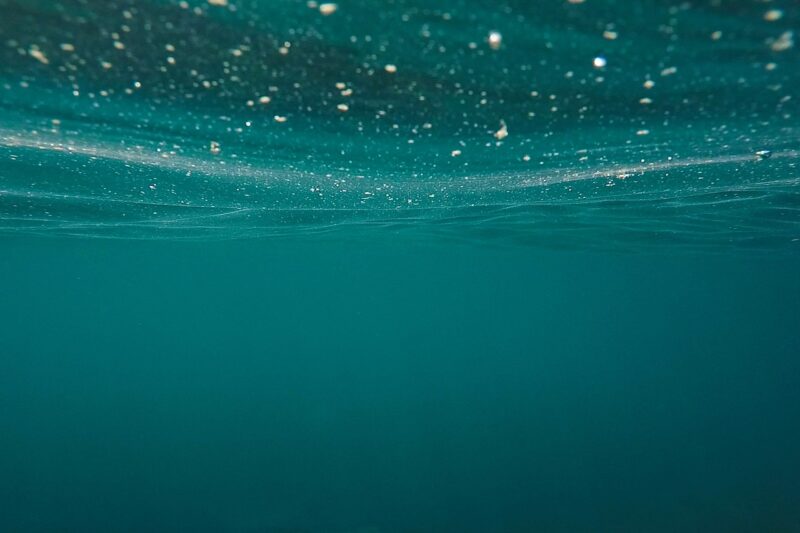The Lost City of Atlantis: Could New Discoveries Bring Us Closer to Finding It?
November 12, 2024

The legend of Atlantis has captivated the human imagination for millennia. First described by the ancient Greek philosopher Plato around 360 BC, Atlantis was said to be a powerful and advanced civilization that disappeared into the ocean in a single day and night of misfortune. Various theories and speculations have emerged over the years, leading many to question if this fabled city could have truly existed. In recent times, technological advancements and archaeological innovations have sparked new interest in the possibility of unearthing Atlantis. But could we finally be on the verge of discovering its secrets?
1. The Historical Context of Atlantis
The tale of Atlantis is steeped in mystery and drama. Plato introduced the story in his dialogues, “Timaeus” and “Critias,” suggesting that Atlantis was a powerful island nation located beyond the “Pillars of Hercules” (modern-day Strait of Gibraltar). According to Plato, the Atlanteans were technologically advanced and enjoyed abundant natural resources but eventually fell out of favor with the gods due to their hubris. Consequently, Atlantis was said to have sunk into the sea.
Archaeologists and historians have pondered for centuries whether Atlantis was a mere myth or if it was rooted in historical reality. Some theories suggest that the tale was inspired by genuine civilizations, such as the Minoans of ancient Crete or the Thera eruption that devastated the island of Santorini.
2. The Search for Atlantis: Past Efforts and Their Outcomes
Throughout history, countless adventurers, historians, and archaeologists have embarked on quests to find Atlantis. Here’s a glimpse at some notable expeditions:
- The Minoan Hypothesis: In the 20th century, Greek archaeologist Arthur Evans unearthed the ruins of Knossos on the island of Crete, suggesting that the Minoans could be the inspiration behind the Atlantis myth due to their advanced culture and sudden decline around 1450 BC.
- The Bimini Road: In the 1960s, underwater research off the coast of Bimini in the Bahamas revealed a series of limestone blocks. Some claimed these stones were remnants of Atlantis, but many experts argued they were natural formations.
- Santorini and Thera: The eruption of the Thera volcano around 1600 BC severely impacted the Minoan civilization, leading some scholars to correlate this catastrophic event with Plato’s description of Atlantis’s destruction.
Despite these theories, definitive evidence of Atlantis has eluded researchers, often leaving findings open to interpretation.
3. Modern Technological Breakthroughs in Archaeology
In the 21st century, advances in technology have breathed new life into the search for Atlantis. Here are three significant developments that could aid our quest:
- LiDAR Technology: Light Detection and Ranging (LiDAR) has become a game-changer for archaeologists. This remote sensing technology allows researchers to create high-resolution maps of landscapes, revealing structures hidden under dense vegetation. It has already provided groundbreaking insights into ancient cities in Central America and could be crucial in uncovering any potential underwater ruins of Atlantis.
- Underwater Drones and Robotics: Modern underwater drones equipped with advanced imaging technology can explore ocean depths previously unreachable. These tools allow scientists to survey submerged landscapes without the need for extensive human divers, improving safety and efficiency during deep-sea investigations that may lead to the discovery of lost civilizations like Atlantis.
- Geological Surveys: Scientists have developed innovative scanning and mapping techniques that enable them to investigate underwater geological formations and geological history, providing critical context that may align with Plato’s descriptions of Atlantis’s geographical traits and shifts over time.
These advances open up new possibilities for exploring the depths of the ocean and analyzing evidence that may have once appeared inaccessible.
4. Potential Locations for Atlantis
While Atlantis’s exact location remains a hotly debated topic, several sites continue to be popular candidates for exploration:
- The Azores: This volcanic archipelago in the Atlantic Ocean lies approximately 1,500 miles west of Europe. Some theorists propose that the Azores Islands could be remnants of Atlantis due to their underwater structures, which have yet to be thoroughly investigated.
- Antarctica: A more extravagant theory suggests that a lost ancient civilization existed in Antarctica before its ice-covered state. Some researchers speculate that global warming may discreetly unveil artifacts, reshaping our perception of ancient history.
- The Caribbean Sea: The Caribbean has been the subject of many underwater explorations, with areas like the Bahamas and Yucatán Peninsula proposed as possible locations that align with Plato’s descriptions of the civilization’s geography.
Though some locations stand out, researchers still grapple with deciphering the truth behind the myth.
5. Speculative Insights: What If Atlantis Were Real?
If Atlantis were indeed a real civilization, its contributions and eventual downfall could hold lessons for modern society. Speculating on the ramifications opens up fascinating viewpoints:
- An Advanced Society: If Atlantis represented a culturally rich and technologically advanced civilization, its discovery could reshape our understanding of history. We might find they had innovative ideas or practices that could inform contemporary technologies and governance models.
- Environmental Lessons: A narrative of human hubris leading to disaster, such as environmental degradation or resource depletion, could resonate with today’s global challenges. The Atlantis myth serves as a warning against complacency in the face of climate change and environmental sustainability efforts.
- Cultural Exchange: Potential discoveries might highlight the cultural exchanges between ancient civilizations, influencing our perception of interconnectedness through history.
The implications could be profound, impacting fields ranging from archaeology and anthropology to environmental science and ethics.
6. Conclusion
As we delve deeper into the myth of Atlantis, the quest continues to spark interest and intrigue. Despite the lack of concrete evidence, each new discovery in archaeology and technology brings us closer to potentially unearthing truths that have eluded humanity for generations. Whether Atlantis was a historical reality, a mythological allegory, or a combination of both, its legend remains an essential part of our cultural narrative.Through ongoing research, modern technologies, and an ever-expanding understanding of our ocean’s depths, we may eventually uncover the lost secrets of this fabled civilization, challenging our perception of our past and our role in shaping the future. The journey to find Atlantis might not be complete, but it is certainly far from over.







